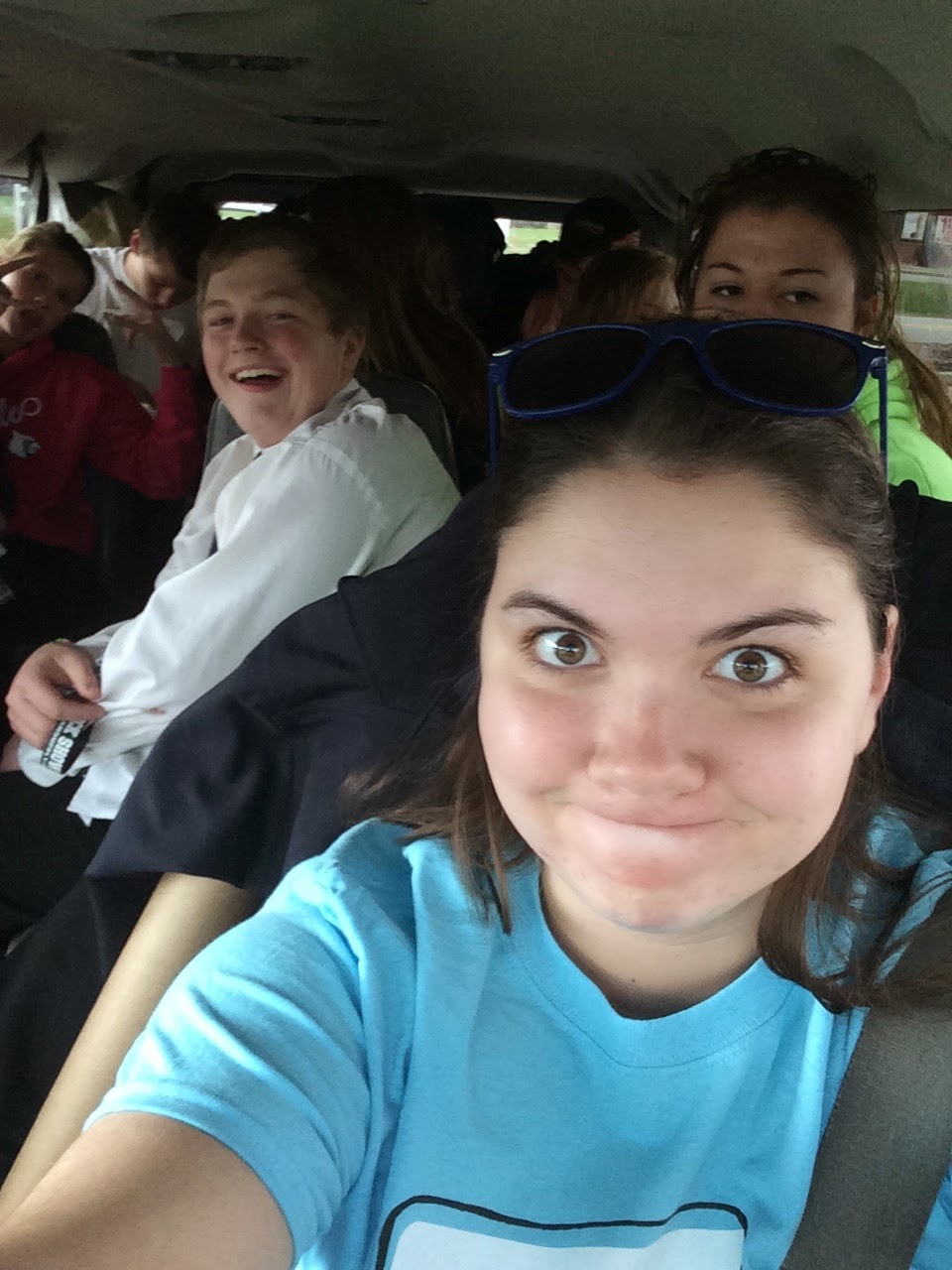
Blogging is something I haven't explored until this past semester, and to be honest I'm not sure if I would have started one on my own. But now since I have been blogging, have seen the impact not only I have made (I have blog views in Poland, Germany, and South Africa as well as the US) but also the impact it has made on me as a future educator. Having the chance to blog has allowed me to explore different readings and reflect upon them and bring them down to earth and into my future classrooms. It has also given me the chance to start working on my creativity, writing, as well as a chance to express myself in a professional fashion. Blogging is a powerful tool and I have decided to see how you can use this tool effectively and efficiently in a classroom.
When giving students the chance to express themselves you are gaining an opportunity to get to know more about them. You are also giving them the opportunity to learn more about their peers. I feel that a blog can be very powerful and useful as long as you follow a few key tips.
- Make sure you build up your students, first have them "write" blogs but don't publish them. Once you have refined key skills turn 'em lose.
- Make sure you set clear guidelines- when students know whats expected of them, they can achieve it
- Gives students a chance to collaborate with one another on a few topics
- Continuously give students higher expectations, maybe require video links, more photos, or commenting on others blogs outside of the classroom
- Encourage students to comment on each others blogs and get the conversation started
- Be sure to give students honest feed back so they may continuously improve their skills

Blogging can be very powerful, and I plan on using blogs in my classroom. How cool would it be to have my animal science students find an article off the web about a break through in technology and than blog about it. Giving their outlook on a hot topic and placing it out on web and having a professional in the field comment back on it? This leads into another touchy subject in education...social media....what is okay and what is bad?
One tool that has been shown to us here at Penn State is Twitter, we were encouraged to create a twitter account and use it. Yeah, we have assignments that say tweet, I may not be so thrilled about this but I know a high school student would be trilled with the opportunity to have a homework assignment saying tweet about your thoughts on what we learned in class. Twitter is seen often as more appropriate in the world of educators because its less secretive than Facebook, I do agree with this. And I guess that is why we all have twitter accounts here at Penn State.
There are so many different ways to use Twitter in the classroom
TeacherHub.com has a list of 50 ways to use twitter effectively. A few of my favorites include
- Tweeting out due dates
- Create a hashtag and track it
- Live tweet field trips or exciting activities
- Sync twitter with a blog
- Post sample exam questions
- Summarize
Twitter can be used to share real time changes with your students and their parents, it gives you the chance to share a change in date for a project or exam and provides students the opportunity to respond with questions or concerns. Creating a class hashtag is a concept we use here at Penn State, its a great way to share with peers and classmates assignments, comments, inspiration, and questions about class. Having the hashtag also makes it easy for stake holders to see what we are up to as well as connect with us in real time. Having a hashtag can help with your FFA to share in the experience for those who were unable to attended the meeting or event.

Live tweeting also helps keep everyone in the loop with what is going on and the exciting things you are up to. Its a great way to share a field trip with concerned parents who are uneasy with letting their kids travel. It is also a way administration can see what you and your students are up to out of the classroom. If you have a class blog or require students to keep a blog it is very easy to sync twitter with different blogging platforms. This allows the user to share out a more in depth knowledge and understanding.
Twitter can be used to have students tweet at you example exam or quiz questions, this eliminates students who "forget their paper" or can't think of a question in class. Using the class hashtag peers can also review others questions to help them prepare as well.
Twitter can also be a tool that helps students summarize topics in brief sentences of 150 characters or less. So for those who hate writing, I think we can all manage 150 characters!
Now lets get those twitter accounts started and get out students to follow professional organizations and companies and prepare not only ourselves but our students for the 21st century! There are also numerous others platforms for social media out there twitter and blogs are just two forms. Follow
Teach AG's pinterst page for more tips on social media and to learn about new and upcoming platforms.
Teacherhub.com
nea.org
edutopia.org
If you have any questions or comments feel free to leave 'em! I appreciate the feedback!
Till next time,
follow me @rachie12rach

















































